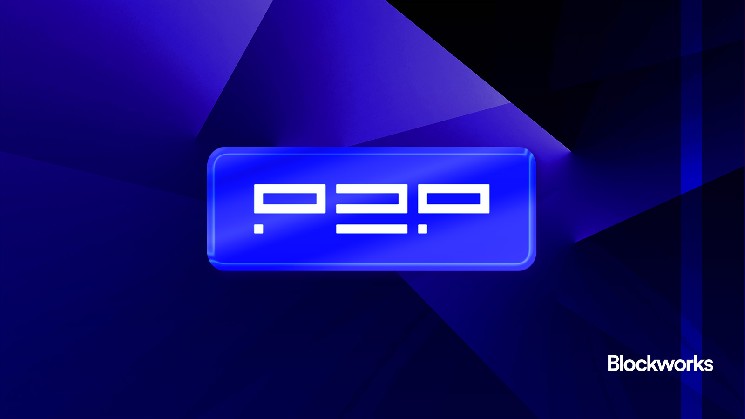
P2P.org has introduced what it calls an “industry-first” fast-track ETH staking product designed to help institutional clients bypass Ethereum’s growing validator entry queue. The move comes as the industry is closely watching Kiln’s mass exit of all Ethereum validators, a precautionary measure following an infrastructure incident involving SwissBorg. The Ethereum validator entry queue has ballooned to between 10 and 16 days, leaving stakers unable to earn rewards until activation is complete. For institutions migrating large validator sets, that gap translates into weeks of missed yield. P2P’s new product offers pre-activated validators funded with the company’s own ETH, allowing clients to begin earning rewards immediately while their stake waits in the regular queue. Source: Validatorqueue.co P2P declined to share full technical details of the setup, citing competitive sensitivity, but said the security model is identical to vanilla staking with no additional risk exposure. “We’ve already launched validators into the set that are simply waiting for activation,” the team said, adding that competitors attempting to replicate the approach would face a longer activation delay, making their offering less attractive to clients. Ethereum’s validator exit queue (distinct from the entry queue) spiked sharply on Sept. 10, rising from under 1 million ETH to more than 2.6 million ETH in a single day, and pushing the estimated exit wait time to its highest level on record. The timing aligns with Kiln’s announcement that it was initiating the orderly exit of all of its Ethereum validators, suggesting that a significant share of the spike is attributable to Kiln’s precautionary withdrawal. Source: Validatorqueue.com Kiln emphasized that rewards continue to accrue during the exit period and that client assets remain secure. “We took immediate action once we identified a potential compromise in our infrastructure. Exiting validators is the responsible step to protect stakers,” the company wrote in a thread on X. The decision follows an incident involving SwissBorg’s SOL earn program, in which about $41 million in SOL was lost. An infrastructure compromise would typically refer to a suspected breach of validator key material, however Kiln says it is “not aware of any further customer losses outside of Monday’s SwissBorg incident.” Blockworks contacted Kiln for details. A post-mortem is expected following a review, according to the Kiln blog. Much of that ETH will need to be restaked, re-entering the queue on the other side. Staking yield has steadily declined from a peak of 5.81% to the current 3% | Source: Blockworks Research P2P uses Distributed Key Generation (DKG) to create validator keys that never exist in full form, then splits them into three shards with a 2-of-3 threshold distributed across three separate people in three locations.
SEC, Gemini Trust reach agreement over crypto lending dispute
2 hour ago
Nano Banana Saves Google: Gemini Dethrones ChatGPT as GOOG Hits $3 Trillion
2 hour ago
First XRP and Dogecoin ETFs Set for US Unveiling This Week—Here's How
3 hour ago
S&P 500 and Gold Hit All-Time Highs: Why Hasn’t Crypto?
3 hour ago
MERL Accumulation: Massive Surge as Two Whales Amass 98.24 Million
4 hour ago
Strategy co-founder Michael Saylor and other crypto execs join lawmakers in Washington to advance strategic bitcoin reserve bill
4 hour ago